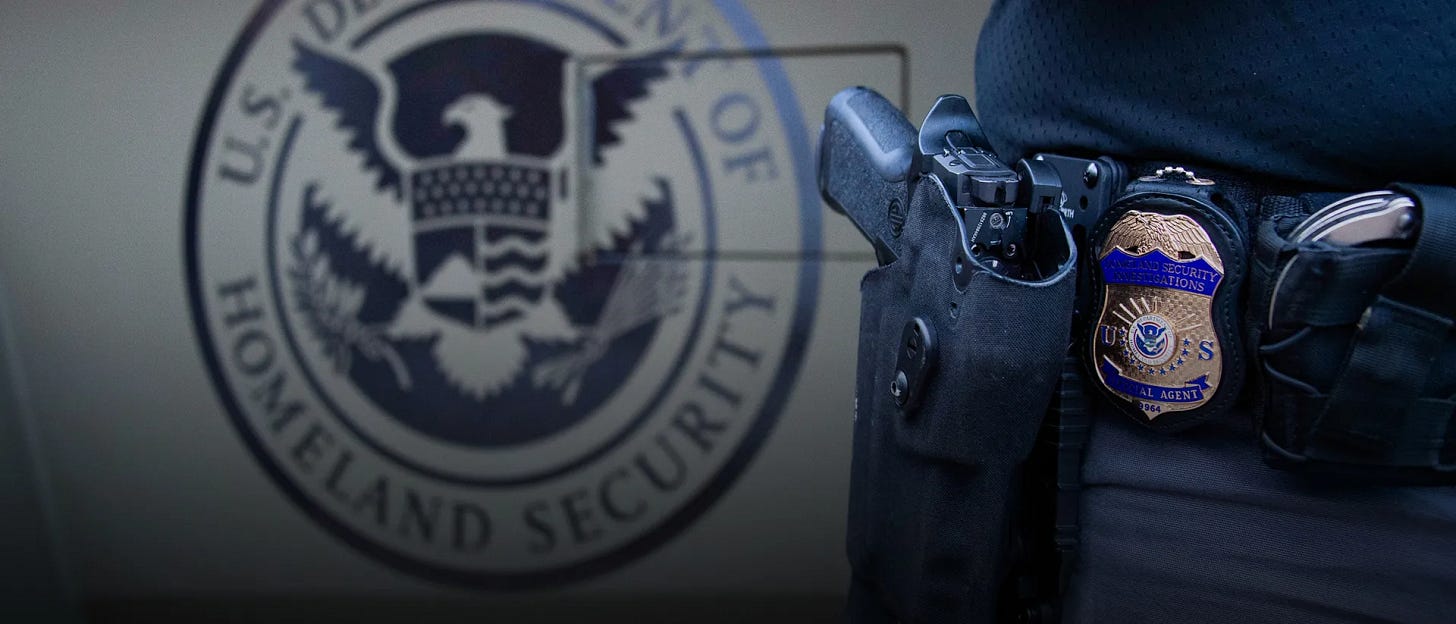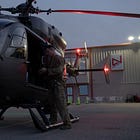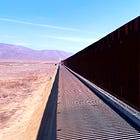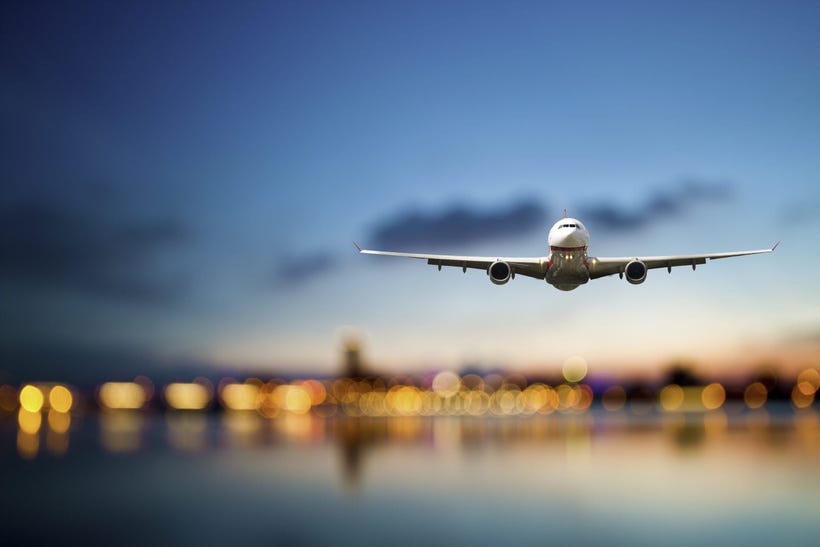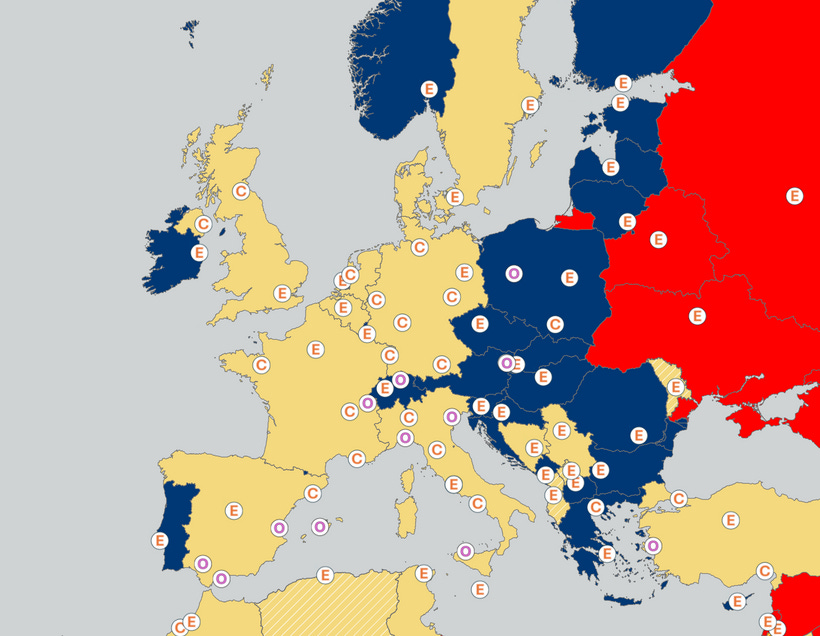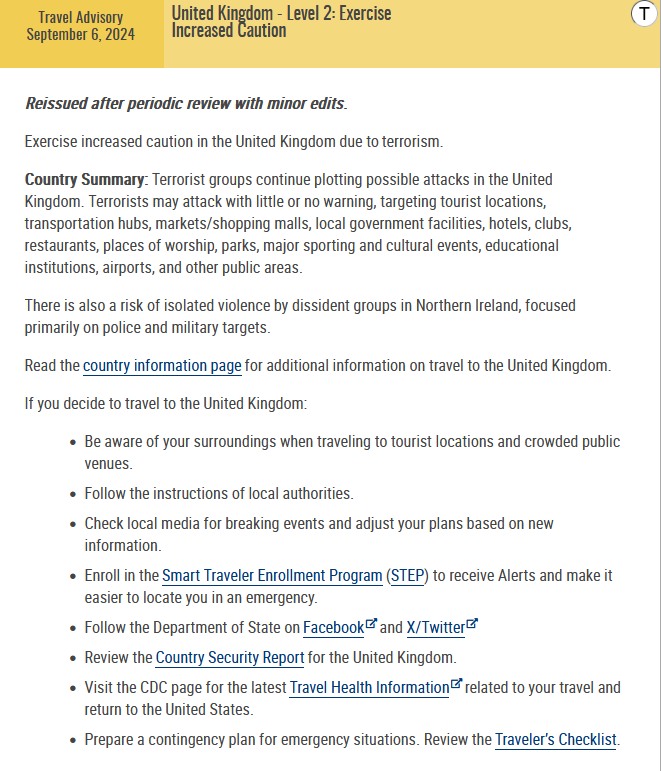UK Issues Travel Warning For US: Terrorists "Very Likely" To Carry Out Attacks, Mass Shootings
UK: There is a heightened global risk of terrorist attacks affecting UK interests and British nationals. In the US, terrorists are considered very likely to attempt attacks.
LONDON - The United Kingdom has issued a travel advisory for the United States, cautioning that "terrorists are very likely to try and carry out attacks in the US." The advisory highlights potential targets such as crowded areas, transportation networks, and public events.
Warnings and Insurance
The UK travel advisory advises travelers to check for current travel warnings before departure, as conditions can change. Comprehensive travel insurance is recommended to cover medical emergencies, trip cancellations, and other unforeseen events. Ensure your policy includes coverage for activities you plan to undertake and verify if pre-existing medical conditions are covered.
Entry Requirements
To enter the US, a valid passport is required, showing permission to enter or remain in the country. Most UK nationals traveling for tourism or business (up to 90 days) need an Electronic System for Travel Authorization (ESTA) under the Visa Waiver Program.
Check the US Customs and Border Protection website for full details. Entry rules may vary based on nationality, purpose of visit, and length of stay.
Safety and Security
Terrorism
There is a heightened global risk of terrorist attacks affecting UK interests and British nationals. In the US, terrorists are considered very likely to attempt attacks, potentially targeting crowded areas, transportation networks, and public events.
Travelers should stay vigilant, monitor local media, and follow guidance from local authorities. The US Department of Homeland Security provides current alerts, while UK Counter Terrorism Policing offers advice on reducing terrorism risks abroad.
Crime
Violent crime and gun crime rarely impact tourists but can occur in unfamiliar or quieter areas, especially at night. Take precautions such as avoiding isolated locations alone and securing belongings, particularly in rental cars, where passports should not be left.
Mass shooting incidents, though statistically rare, are a concern; guidance is available from the US Department of Homeland Security. Drug-related crime is notable near Mexican border states (Arizona, California, New Mexico, Texas), though no evidence suggests foreign nationals are specifically targeted.
Protests
Protests occur frequently and may escalate. Travelers should follow local authority instructions, including curfews or emergency measures, and exercise caution during peaceful demonstrations by staying aware and avoiding areas of unrest.
Laws and Cultural Differences
US laws vary by state and include federal regulations. Always carry a passport as proof of legal status. The legal drinking age is 21 nationwide, though some states have additional restrictions—verify local rules if under 21. Possession or trafficking of illegal drugs carries severe penalties; consult the US Department of Justice for controlled substances lists.
Transport Risks
Road Travel: A UK photocard driving license is generally valid, though some states may require a 1949 International Driving Permit (IDP)—check with state Departments of Motor Vehicles. Weather, vehicle safety, and fuel costs (notably at unpriced stations near tourist areas) should be considered.
Air Travel: Review Transportation Security Administration (TSA) security protocols and Federal Aviation Administration updates before flying.
Extreme Weather and Natural Disasters
The US experiences snowstorms, hurricanes (June-November in the Atlantic, May-November in the Pacific), earthquakes (higher risk in Alaska, California, etc.), tornadoes, volcanic activity, and wildfires. Monitor the National Hurricane Center, FEMA, and local authorities for updates and preparedness advice.
Health
Ensure vaccinations are up to date and consider health risks specific to your destination. Medical treatment in the US can be costly—adequate insurance is essential. Check health advice from reputable sources like the UK’s Foreign, Commonwealth & Development Office (FCDO) or the US Centers for Disease Control and Prevention (CDC).
Getting Help
In emergencies, dial 911 for police, medical, or fire services. Contact your embassy or consulate for assistance with lost passports, arrests, or other serious issues. The UK Embassy in the US can be reached for support; register for email alerts from the FCDO for real-time updates.





